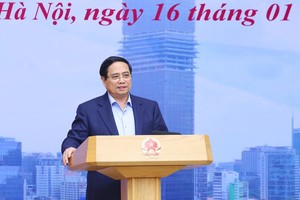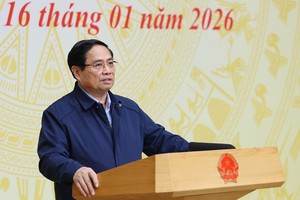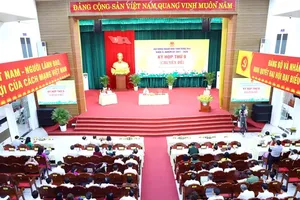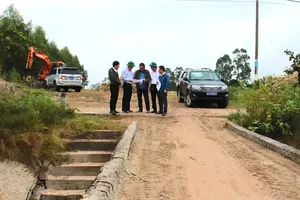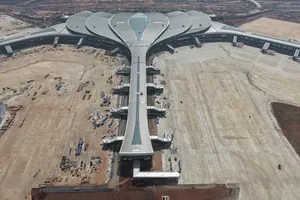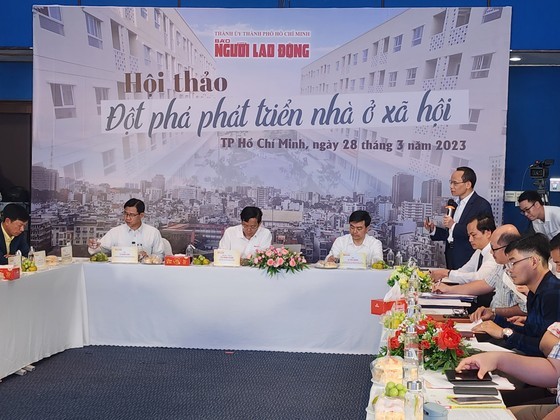 |
The scene of the seminar. (Photo: SGGP) |
During the seminar, it was emphasized that there is an urgent and substantial demand for social housing and housing for low-income individuals and workers. According to data presented by the Ministry of Construction in 2022, the social housing demand of low-income individuals and workers in industrial zones from 2021 to 2030 is approximately 2.6 million apartments, with that in the 2021-2025 period alone being about 1.3 million units.
Currently, the development of social housing and worker housing has fallen far short of the set targets. According to reports, it has only achieved 41.6 percent of the "National Housing Development Strategy to 2020 with a Vision to 2030" approved by the Prime Minister on November 30, 2011, reaching only 5.2 million square meters out of the planned 12.5 million square meters.
Despite the implementation of supportive policies, the development of social housing and housing for workers continues to face numerous challenges. Many businesses are eager to execute social housing projects but encounter obstacles in terms of procedures, policies, capital sources, and land funds.
In Ho Chi Minh City, the development of housing, particularly social housing, is a crucial policy for the city. The city aims to develop approximately 6.58 million square meters of social housing, which translates to about 93,000 houses, by 2030.
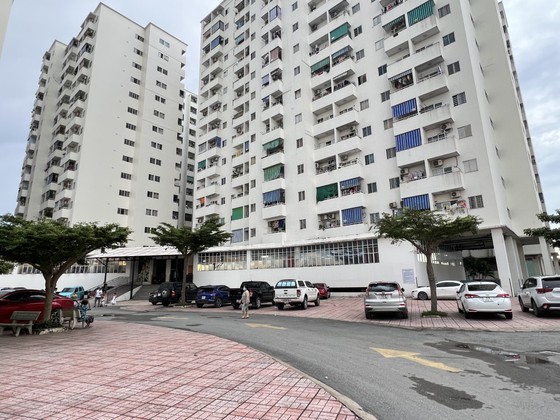 |
A social housing project in HCMC. (Photo: SGGP) |
During the seminar, Mr. Pham Dang Ho, the Head of the Housing Development and Real Estate Market Department under the Department of Construction of HCMC, mentioned that only one social housing project consisting of 260 units was put into use in Thu Duc City in 2022, which was an investment project during the 2016-2020 period. Although social housing projects are exempted from land use fees, they still need to complete calculation procedures to qualify for the exemption.
Moreover, there is a need to review the eligibility of individuals allowed to purchase social housing and to appraise the selling price. These factors prolong the procedures and make social housing development less attractive to investors. Additionally, there is limited capital for social housing development, and the credit packages offered in the past were insufficient to lower prices. Diverse perspectives and perceptions among individuals in need of social housing also affect the direction of social housing development.
Mr. Pham Dang Ho shared that, in light of these issues, HCMC has revised and issued a new process for implementing social housing projects. Shortly, authorities will work to reduce costs by optimizing social housing design. Moreover, the Department of Construction of HCMC will propose a project to establish a housing savings fund that includes a mechanism for salary deductions over 2-3 years to create a social housing fund in the future.
During the seminar, experts and managers expressed the view that social housing is a crucial necessity for workers and people and an essential component of social security. Therefore, it is imperative to identify solutions promptly to address past limitations and shortcomings to achieve the targets set for social housing policy implementation.

